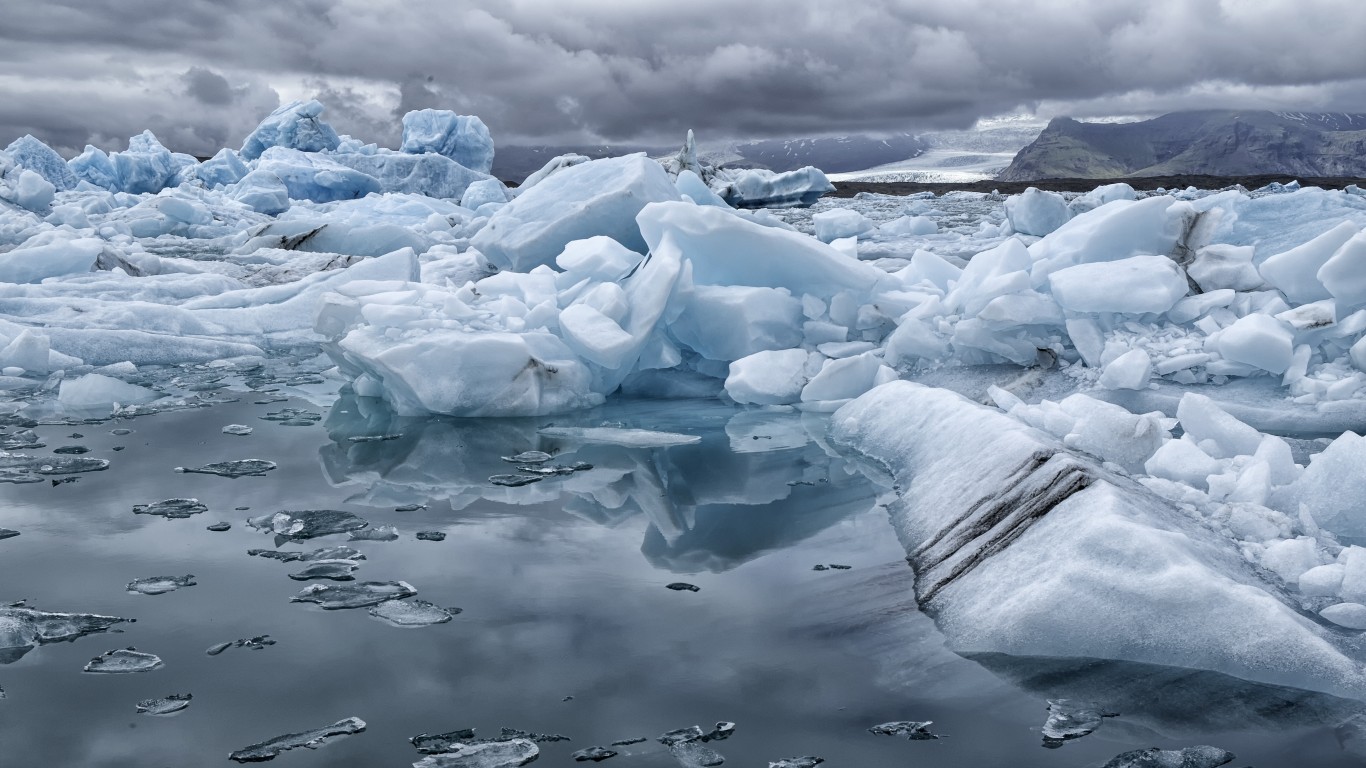Investing
ESG's third quarter rally; plus climate VC and baseball with Prelude's Gabriel Kra

Published:
Last Updated:

By David Callaway, Callaway Climate Insights
Wildfires and hurricanes over the summer drove the news cycle, but environmental, social and governance stocks helped steer the stock market to tidy gains for the third quarter. S&P Global Markets reports its S&P 500 ESG Index returned 8.77% for the quarter through Tuesday, compared with 8.54% for the S&P 500 Index.
Energy stocks got whacked, down about 20% and led by the big oil companies. But electric truck startup Nikola Corp. (NKLA) lost two-thirds of its value after an attack by a short-seller and the resignation of its founder.
One basket of climate stocks assembled by Denmark’s Saxo Bank is up 78% year-to-date. Even in this upside-down 2020 stock market, where bad is good and tech is king, that’s no mean feat.
We should expect similar gains from ESG funds when fund companies begin to trickle out reports in coming days, as inflows from investors approach $3 trillion. History tells us that dramatic market rallies like this don’t end well. And anything can happen in the U.S. election less than five weeks away. But for now, with rates low and Wall Street getting behind the ESG theme, the rising tides of climate change are lifting all boats.
More insights below. . . .
. . . . Second or third inning: That’s the baseball analogy Gabriel Kra, managing director of Prelude Ventures, uses to estimate where battery storage technology is right now in terms of helping the world adapt to climate change. Kra, a baseball fan, former ski bum and philosophy major in college, tells David Callaway what Prelude looks for in the startups it invests in. And three startup CEOs tell how Prelude in turn has helped them work toward their dreams of building businesses that make money and reduce carbon. Prelude, founded seven years ago by billionaire husband and wife team Nat Simons and Laura Baxter-Simons, is a refreshing example of a Silicon Valley venture capital firm willing to wait for its returns — both profit and environmental.
“When you’re an entrepreneur in the really early stages it’s exhilarating but often terrifying,” said Shilla Kim-Parker, founder and CEO of Thrilling, which uses logistics and technology to help second-hand clothing stores reduce waste by going online. Prelude was part of Thrilling’s seed round of $2.1 million last year.
“They are down-to-earth, value oriented, principled and humane partners,” she said. “Gabriel sets the culture and tone for the entire organization.”
One of Prelude’s holdings, Quantumscape, a San Jose, Calif.-based maker of lithium batteries for electric vehicles, said last month it will go public through a special purpose acquisition company, or SPAC. The image above is from its website.
. . . . Is it possible the five-mile stretch of oil slime that hit the Gulf Coast of Florida’s beaches this week was oil still left over from the BP Deepwater Horizon spill a decade ago? That’s the speculation as so far nobody else has owned up. . . .
. . . . Dominion Energy (D) shares were upgraded by JP Morgan to overweight from neutral, with a new price target of $84, up from $82, as the Virginia energy company’s 12 megawatt, offshore wind project began operations. . . .
. . . . Chargepoint, one of the largest electric vehicle charging networks, said it would go public later this year in the latest special purpose acquisition company (SPAC) deal, valuing it at $2.4 billion, according to Reuters. . . .
. . . . It’s been hard to avoid the massive publicity from David Attenborough’s “Extinction — The Facts” documentary, but this analysis by Mark Allbrook of World Wise Today is well worth the read. . . .
. . . . Desperate times: The devastating loss of ice in the Arctic Circle this year — reported this week to have reached the fastest pace since the end of the last Ice Age — has scientists scrambling for solutions. And none is too zany, including a plan to sprinkle glass crystals over the continent to continue reflecting the sun and protecting the ice, writes Katarine Zimmer for the BBC in this week’s must read, headlined The daring plan to save the Arctic ice with glass.
The Arctic Project, run by Leslie Field, also an adjunct lecturer at Stanford University, has been experimenting with a powdery mix of glass beads to see if they can stave off polar melting by reflecting the sun’s rays back into space. Predictable cries of “geoengineering” come every time scientists mess with nature, the article says. But time is running out and seas are rising.
Over the past decade, she and her team have scattered the silica spheres over several lakes and ponds in Canada and the United States, so far with encouraging results. For instance, in a pond in Minnesota, just a few layers of glass powder made young ice 20% more reflective — enough to delay the melting of the ice. By spring, when the ice in an uncovered area of the pond had completely vanished, there was still nearly a foot of ice in the section treated with the glass beads. . . .
Free Callaway Climate Insights Newsletter
Finding a qualified financial advisor doesn’t have to be hard. SmartAsset’s free tool matches you with up to 3 fiduciary financial advisors in your area in 5 minutes. Each advisor has been vetted by SmartAsset and is held to a fiduciary standard to act in your best interests. If you’re ready to be matched with local advisors that can help you achieve your financial goals, get started now.
Thank you for reading! Have some feedback for us?
Contact the 24/7 Wall St. editorial team.